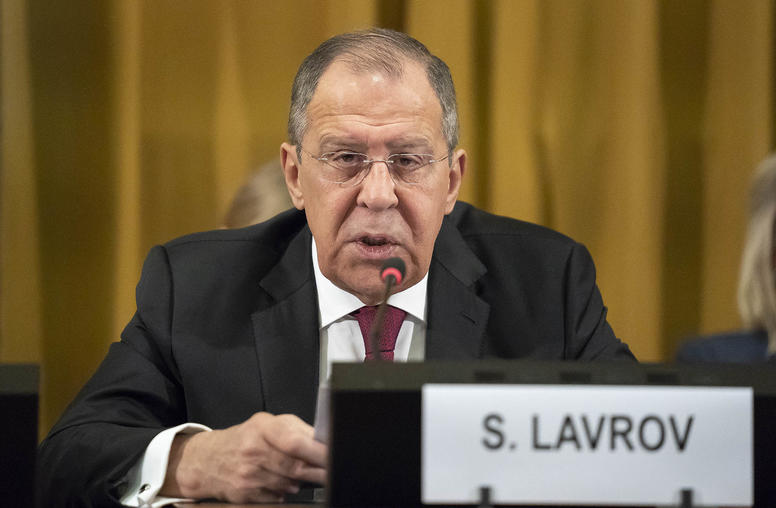Senior Fellow Betty Bigombe is world renowned as one of the lead negotiators in the 20-year conflict between the government of Uganda and the Lord’s Resistance Army (LRA) rebels in the north of the country. Follow her on her recent trip to northern Uganda in early 2007 as she works to urge the LRA rebels back to the negotiating table.
Article Highlights
- USIP Senior Fellow Betty Bigombe is a lead negotiator in Uganda's 20-year conflict.
- The civil war in Uganda has been called on of the world's "most neglected" crises.
- Bigombe is currently working on persuading communities to accept former child soldiers back into society.
 Image on right: Watch a video about the conflict and Senior Fellow Betty Bigombe's work in Uganda.
Image on right: Watch a video about the conflict and Senior Fellow Betty Bigombe's work in Uganda.
USIP Senior Fellow Betty Bigombe is world renowned as one of the lead negotiators in the 20-year conflict between the government of Uganda and the Lord’s Resistance Army (LRA) rebels in the north of the country. Bigombe has held cabinet-level posts as a government minister for pacification and reconstruction of north and northeastern Uganda. She negotiated with the LRA in her capacity as government minister, and she supported the Carter Center in negotiations between the governments of Uganda and Sudan. Bigombe later became an independent mediator, which afforded her a greater sense of neutrality in the process.
Bigombe’s research project at USIP is called, "The Challenges of Mediation, the Uganda Experience."
Bigombe spent four weeks in early 2007 working in northern Uganda in an effort to urge the LRA rebels back to the negotiating table. During this trip, she met extensively with government officials, activists and members of her native Acholi tribe living in Internally Displaced Person (IDP) camps as a result of the ongoing conflict.
The civil war in northern Uganda has been called one of the world’s ‘most neglected’ crises. More than 20 years after the conflict began, more than one million people are living in squalid IDP camps after fleeing the LRA. An estimated 1,000 people die weekly in these camps from nonviolent causes including malnutrition and diseases such as malaria or AIDS. An entire generation of children has been born in IDP camps, which often lack basic security, safe water, sufficient food and opportunities for education.
 Many of the LRA rebels fighting the Ugandan government are themselves children who were abducted to fill the LRA’s ranks. As part of an indoctrinization process, children have been forced to commit extraordinarily brutal acts, often against members of their own families or communities. Girls often serve as sex slaves to the LRA while boys are conscripted for paramilitary service. Besides serving as "wives" of commanders, cooks and carriers of looted goods, girls are also turned into combatants.
Many of the LRA rebels fighting the Ugandan government are themselves children who were abducted to fill the LRA’s ranks. As part of an indoctrinization process, children have been forced to commit extraordinarily brutal acts, often against members of their own families or communities. Girls often serve as sex slaves to the LRA while boys are conscripted for paramilitary service. Besides serving as "wives" of commanders, cooks and carriers of looted goods, girls are also turned into combatants.
Bigombe is one of the very few people to have negotiated directly with the LRA, making her an indispensable resource. Yet she feels strongly that a negotiated settlement alone will not bring a lasting peace to northern Uganda.
One of her chief accomplishments has been to persuade Acholi communities to accept former child soldiers back into society. She is also working to include three phases of reconciliation to the peace process: first among the Acholi people, then between Acholis and neighboring tribes in the north, and finally a national Ugandan dialogue to foster national unity.



